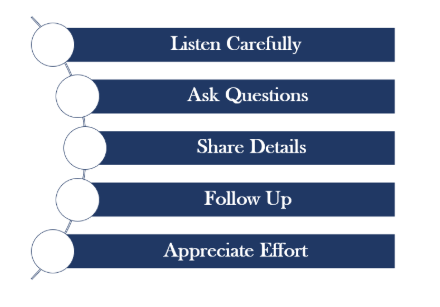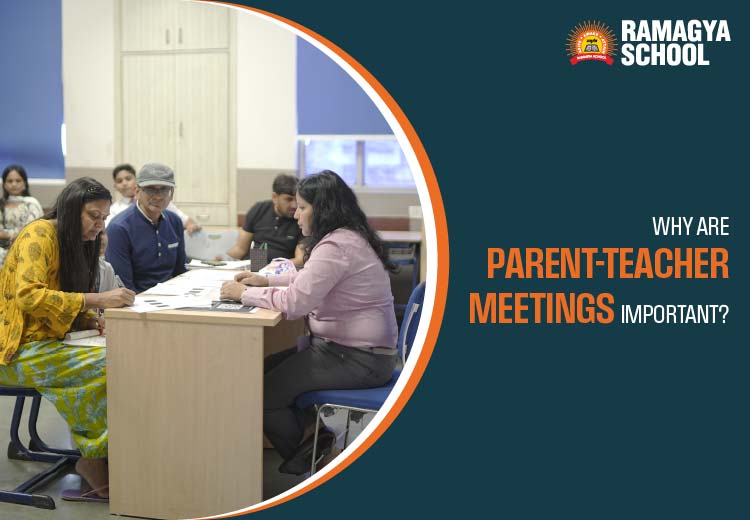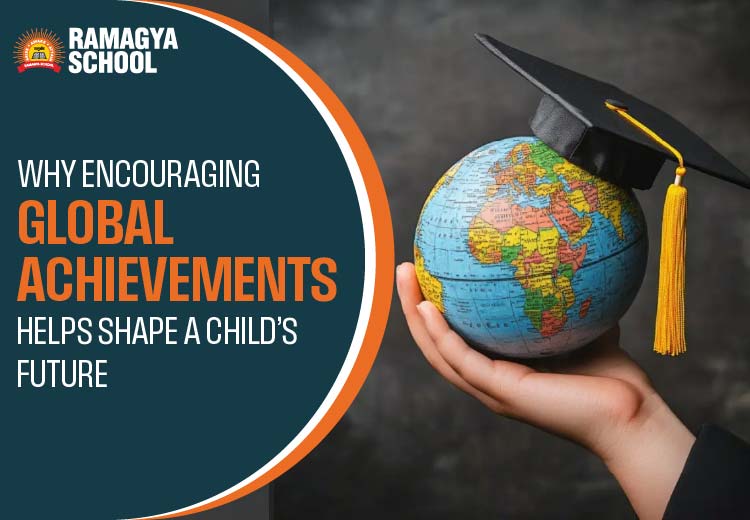Parent-Teacher meetings, also known as PTMs, are among the most important parts of school life. They provide teachers and parents a chance to get together and talk about their concerns, and work together to ensure the growth of the child. The importance of PTM goes beyond grades.
It allows parents to understand the way their child is learning how to behave, learn, and grow in school. Teachers also gain more information about the child’s interests, habits and preferences outside of the classroom. Ramagya School holds PTMs regularly so that teachers and parents can talk and stay connected.
Understanding PTM
PTM is a meeting where teachers and parents meet to discuss the child’s development. A child spends many hours at school and at home, so communication between teachers and parents is very important. In PTMs at Ramagya School, teachers share how the child is doing in studies and how they behave in class. Parents can share their child’s routines, habits and issues at home. This helps both sides understand the child better.
Importance of PTM in Academic Growth
Every child learns in a different way. Some learn quickly but others require more help. PTMs can help where a child is doing well and where they need support. Teachers can offer suggestions to parents, such as sharing books, practicing lessons every day or encouraging the child in specific areas.
If parents and teachers collaborate, children feel safe and secure. They remain motivated and perform better academically.
Supporting Emotional Well-Being
PTMs can also be focused on children’s emotional wellbeing. Teachers are aware when a child is anxious, agitated or confused. Parents may share if something has changed at home. Together, they can find ways to support the child emotionally. At Ramagya School, PTMs provide a safe space for children to express themselves and feel comfortable. The importance of PTM can be seen in the fact that it provides the child a safe place to talk about these issues and come up with ways to ensure that the child feels at ease and content.
Encouraging Responsibility and Discipline
When parents attend PTMs, children are taught that their education is important. They can see how much their parents value their education. Teachers also feel encouraged when parents are involved. This shared effort helps children develop discipline, responsibility, and a positive attitude toward school.
Guiding Future Growth
PTMs can help teachers and parents plan the future of a child. They can talk about career goals, subject options and strengths of the individual. Teachers and parents together can help guide the child to the proper direction. The importance of PTM grows as a child grows because it helps in making decisions for the child’s academic and personal development.
Tips for Parents During PTM

- Listen Carefully: Pay attention to the teacher’s feedback.
- Ask Questions: If something is unclear, ask politely.
- Share Details: Tell the teacher about habits, challenges, or changes at home.
- Follow Up: Apply the teacher’s suggestions and observe improvements.
- Appreciate Effort: A simple thank you to the teacher shows support.
Conclusion
Parent-teacher meetings are crucial to a child’s growth overall. They assist teachers and parents to collaborate to help the child’s academics, emotionally & socially. Regular PTMs build trust, understanding, and teamwork, which helps children feel more confident and engaged. If parents and teachers can communicate effectively, children receive the correct guidance and support. The importance of PTM can be seen in the positive changes in a child’s learning and behavior.
FAQs
Q1: How often do schools hold PTMs?
Schools usually have PTMs 3-4 times a year so parents know how their child is doing.
Q2: Can parents join PTM online if they cannot come to school?
Yes. Many schools let parents meet teachers through phone or video calls.
Q3: Are PTMs only for children who are weak in studies?
No. Every child can benefit. Teachers give feedback to help kids improve and grow.
Q4: What happens if parents can’t go to PTM?
If parents don’t attend, they may miss important updates about their child. It’s better to attend or ask for another meeting.




